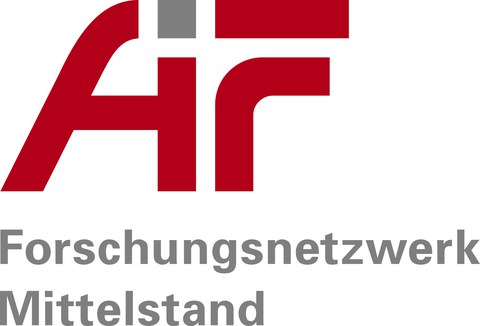Toxicologically harmless new cross-linking systems for the collagen industry on the basis of biotechnological processes
The aim of the project is to produce potential cross-linking plant metabolites by the usage of plant cell and tissue culture. Plant biotechnological processes for the production of biological active ingredients provide a promising tool as alternative to traditional harvesting of field crops. The target users of these cross-linking substances are primilarly producers of collagen based biomaterials in the field of medicine technology, food and cosmetics as well as leather production. So far, cross-linking of collagen is performed almost exclusively using substances which bear a toxic potential or are produced on the basis of fossil fuels such as glutaraldehyde, isothiocyanates or chromic salts. Considering the growing interest of the consumer in organic and ecological produced goods, the leather industry intensively reacts to this demand. Over the past years, a market for alternative tanning processes has been developing which is expanding worldwide. Secondary plant metabolites show a less toxic behavior as compared with glutaraldehyde for example. Furthermore, these substances can be obtained sustainably from plant resources. However, in comparison with tanning processes based on chrome, processes using plant material are more cost-intensive. Approaches to use plant-based cross-linking agents as alternative are mainly restricted by their availability, their stability as well as undesirable color reactions.
Within this project, plant-related extracts will be tested for their cross-linking ability. Afterwards, plant cell and tissue cultures will be induced and established from selected plants. From these, selected culture lines will be further investigated according to their growth and the production of the target metabolites. A process optimization for selected cultures will provide the basis of a scale-up. In addition to the bioprocess engineering, the project further focuses on the preparation and purification of extracts from these plant cell and tissue cultures. These extracts will be evaluated for their cross-linking ability. Aside from the stabilizing characteristics of the extracts on collagenous material, their cytotoxic potential together with their biocompatibility and biodegradability will be investigated.
Project funding:
Financial support via AiF within the program Industrial Collective Research ("Industrielle Gemeinschaftsforschung", IGF) funded by the Federal Ministry for Economic Affairs and Energy on the basis of a decision by the German Bundestag IGF-Project 19065 BR/2 of the Leather Research Association ("Forschungsgemeinschaft Leder e.V.“, FGL)
Project head:
 © Christian Hüller
© Christian Hüller
Senior Professor Bioengineering
NameProf. Dr. rer. nat. habil. Thomas Bley
Send encrypted email via the SecureMail portal (for TUD external users only).
Project staff:
 © Mann
© Mann
Project researcher
NameDLC Sibylle Kümmritz
Plant biotechnology and Analysis of natural substances
Send encrypted email via the SecureMail portal (for TUD external users only).
Co-operation partner:
Research Institute of Leather and Plastic Sheeting (FILK))
http://www.filkfreiberg.de/
Dr. Ines Stachel (Project head)
Project term:
01.03.2016 - 31.08.2018

